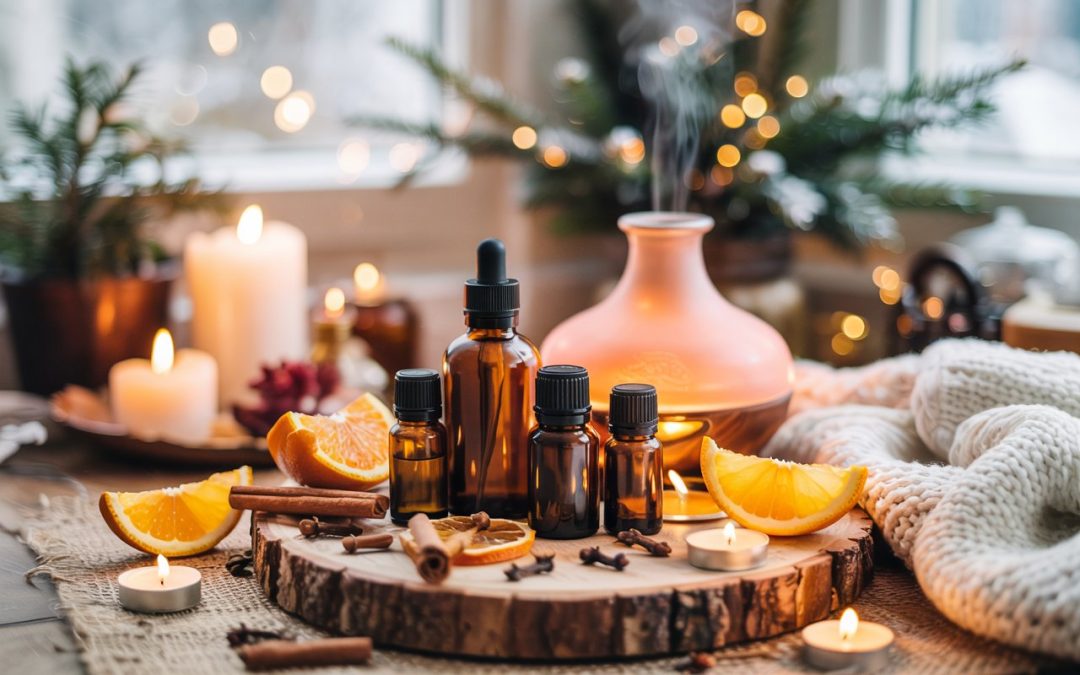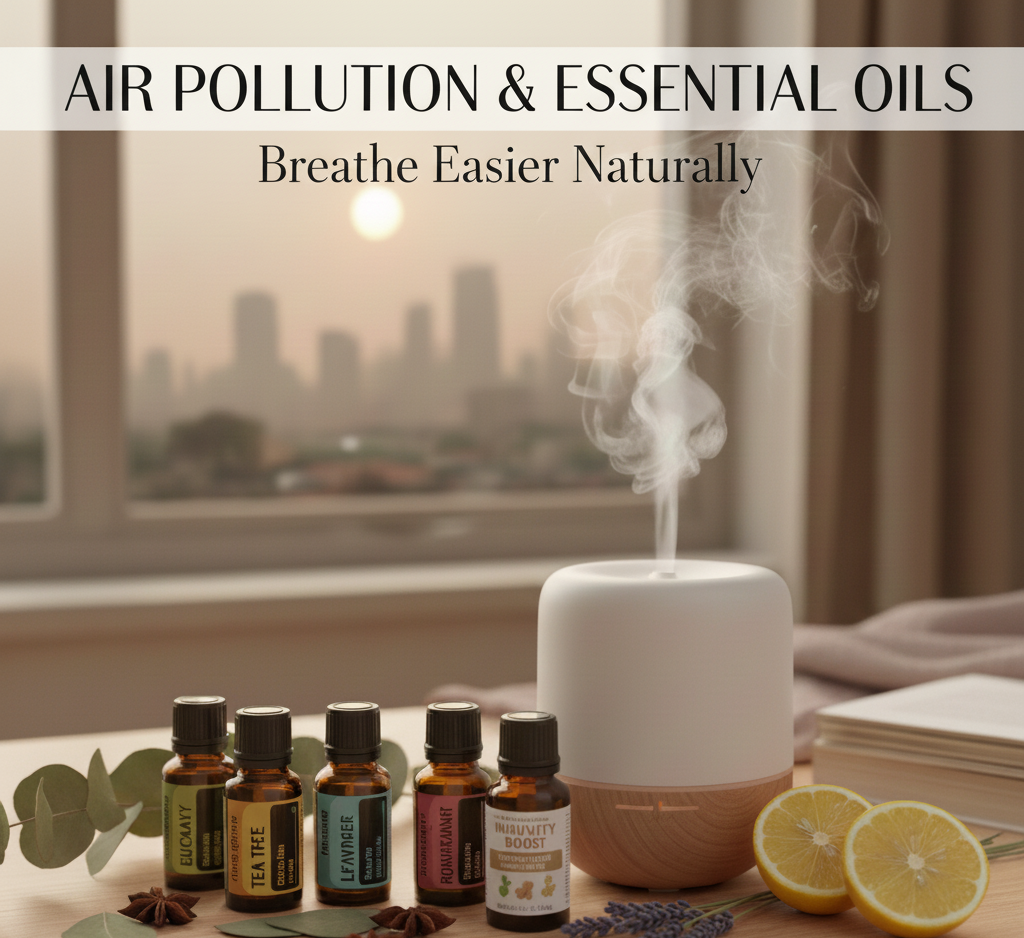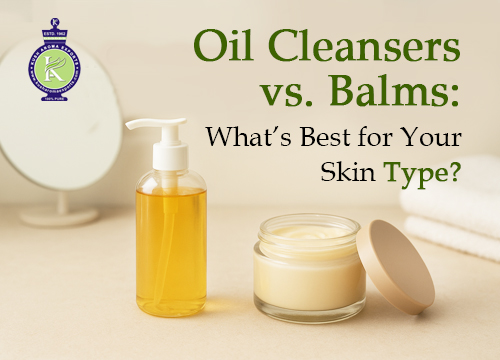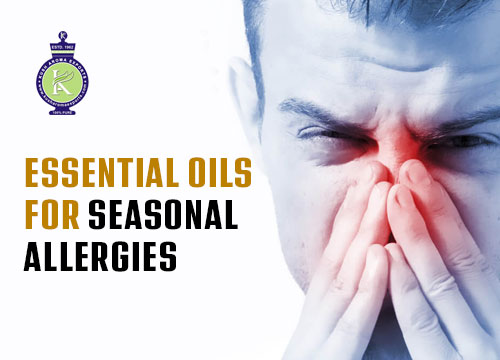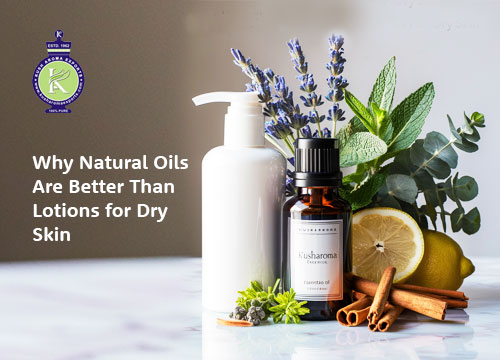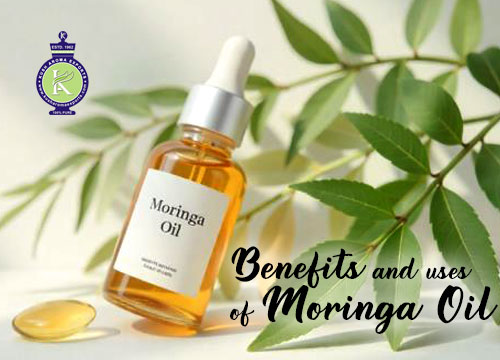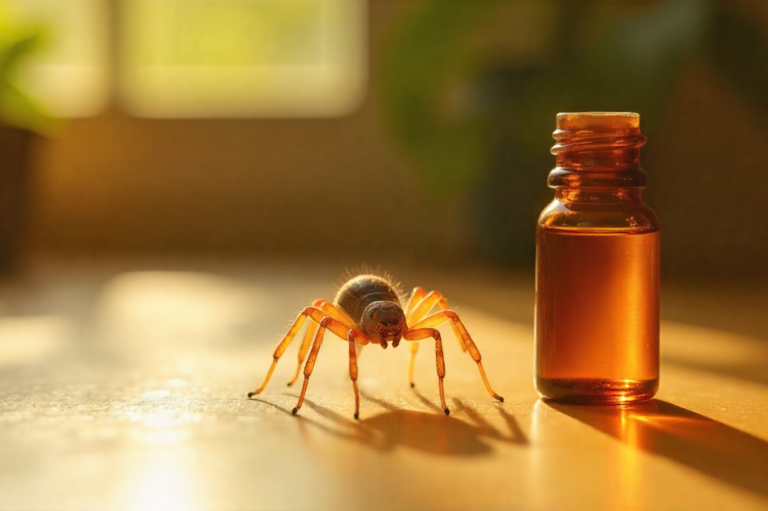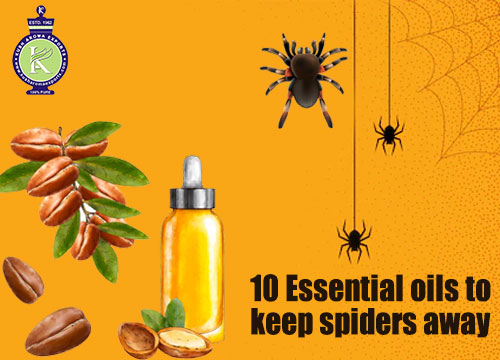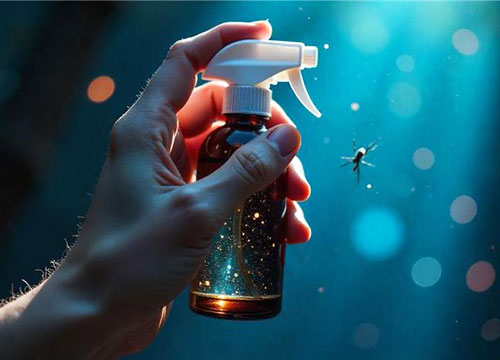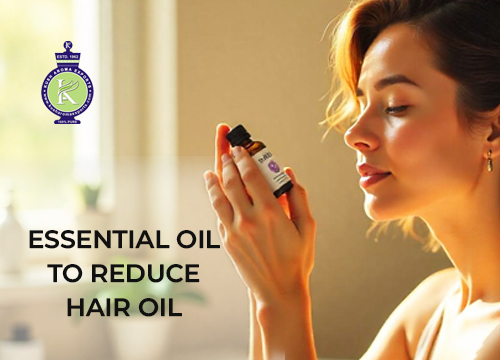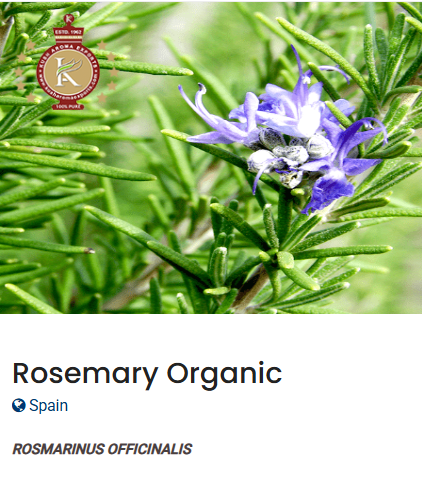Winter is a season of calm, reflection, and indoor comfort, and aromatherapy plays a powerful role in enhancing this experience. During the colder months, essential oils for winter are widely used to create warmth, freshness, and balance in everyday routines. Carefully crafted essential oils winter blends, especially those with cozy woody notes, warming spices, and uplifting citrus oils, help transform homes into comforting sanctuaries. This blog explores how winter aromatherapy works, the best essential oils for cold weather, blend ideas, and safe ways to enjoy them throughout the season.
Why Winter Aromatherapy Matters
Cold weather often means dry air, reduced sunlight, and more time spent indoors. These seasonal changes can affect both physical comfort and emotional well-being. Aromatherapy using essential oils helps create a pleasant indoor atmosphere while supporting relaxation and positivity.
Why do people prefer essential oils in winter?
- They add warmth and comfort to living spaces
- They refresh stale indoor air
- They support calm and relaxation during longer nights
- They enhance winter self-care rituals
- They create a festive and cozy mood
This makes essential oils for winter a natural companion for the cold season.
Winter Aroma Families Explained
To create balanced and enjoyable winter blends, it’s helpful to understand the three main aroma categories commonly used during cold weather.
Cozy & Woody Essential Oils
Woody and resinous oils are grounding and warm, making them ideal for winter evenings and quiet moments.
Popular cozy oils include:
These oils are commonly used in diffusers and massage blends to create a calm, comforting environment.
Spicy & Warm Essential Oils
Spicy oils are deeply associated with winter and festive seasons. Their strong, warm aroma adds depth and richness to blends.
Common spicy oils used in winter blends:
Because of their potency, spicy oils should always be used in very small amounts and properly diluted.
Bright & Uplifting Citrus Oils
Citrus oils bring freshness and brightness, helping counter dull winter days and heavy indoor air.
Popular citrus oils for winter aromatherapy:
- Sweet Orange
- Lemon
- Bergamot
- Grapefruit
- Mandarin
They pair beautifully with both spicy and woody oils, creating well-rounded essential oils winter blends.
Best Essential Oils for Winter Aromatherapy
Here are some of the most commonly used essential oils for winter, suitable for home, body, and personal care routines.
1. Lavender Essential Oil
Lavender is valued for its soft, calming aroma. It’s ideal for winter evenings, relaxation, and bedtime blends.
2. Eucalyptus Essential Oil
Known for its fresh and clean scent, eucalyptus is frequently used during cold months to refresh indoor spaces.
3. Frankincense Essential Oil
This resinous oil is popular for grounding and calming winter rituals, meditation, and diffuser use.
4. Cinnamon Essential Oil
Cinnamon adds warmth and spice to winter blends. A little goes a long way due to its intensity.
5. Sweet Orange Essential Oil
Sweet orange offers a cheerful, citrusy aroma that balances heavier winter scents and uplifts mood.
Essential Oils Winter Blends You Can Try
Blending essential oils allows you to personalize your aromatherapy experience. Below are easy winter blend ideas that suit different moods and occasions.
Cozy Evening Diffuser Blend
- 3 drops Cedarwood
- 2 drops Sweet Orange
- 1 drop Clove
Creates a warm and comforting ambiance for cold evenings.
Festive Spicy Citrus Blend
- 3 drops Orange
- 2 drops Cinnamon
- 1 drop Nutmeg
Perfect for winter gatherings and festive home décor.
Fresh Winter Daytime Blend
- 3 drops Lemon
- 2 drops Bergamot
- 1 drop Ginger
A refreshing yet warm blend ideal for daytime diffusion.
Calm Winter Night Blend
- 3 drops Lavender
- 2 drops Frankincense
- 1 drop Sandalwood
Best suited for relaxation, meditation, or winding down before sleep.
How to Use Essential Oils During Winter
There are several simple and effective ways to enjoy essential oils for winter in daily life.
Diffuser Use
Diffusing is the most popular method for winter aromatherapy. It helps distribute aroma evenly and enhances indoor comfort.
Tip: Diffuse for 30–60 minutes, then take a break.
Topical Application
When diluted with carrier oils, essential oils can be used for winter massage and body care.
Safe dilution guideline:
- 2–3 drops essential oil per 10 ml carrier oil
Always perform a patch test before applying to skin.
Winter Bath Rituals
A warm bath with essential oils can be deeply relaxing during cold weather.
How to use safely:
- Mix essential oils with a carrier oil or bath salt before adding to water
Home & Lifestyle Uses
Essential oils are also used in:
- Winter room sprays
- DIY candles
- Potpourri
- Natural home fresheners
These uses help maintain a pleasant indoor atmosphere during winter months.
Choosing the Right Essential Oils for Winter
For effective and safe winter aromatherapy, quality matters.
Look for essential oils that are:
- 100% pure and natural
- Free from synthetic fragrances
- Clearly labeled with botanical names
- Stored in dark glass bottles
High-quality oils provide better aroma and consistent blending results.
Winter Safety Tips for Essential Oil Use
- Always dilute essential oils before skin use
- Avoid contact with eyes and sensitive areas
- Use spicy oils in minimal quantities
- Keep oils out of reach of children and pets
- Consult a professional if pregnant or under medical supervision
Following these guidelines ensures safe enjoyment of essential oils throughout winter.
Conclusion: Create a Warm Winter Experience with Essential Oils
Winter is the perfect time to slow down and focus on comfort, and essential oils for winter help enhance this experience naturally. From grounding woody aromas to warming spices and refreshing citrus notes, thoughtfully crafted essential oils winter blends bring balance and warmth to cold days and nights. By selecting quality oils, blending them mindfully, and using them safely, winter aromatherapy can become a soothing and uplifting part of your seasonal lifestyle.
FAQs: Essential Oils for Winter Aromatherapy
1. Which essential oils are best for the winter season?
Essential oils commonly used in winter include eucalyptus, lavender, frankincense, cedarwood, cinnamon, clove, and citrus oils like orange and lemon.
2. What are essential oils winter blends?
Essential oils winter blends are combinations of cozy, spicy, and citrus oils designed to create warmth, comfort, and freshness during cold weather.
3. Can essential oils be used daily in winter?
Yes, essential oils can be used daily through diffusers or diluted topical application, as long as proper safety guidelines are followed.
4. Are spicy essential oils safe to use in winter blends?
Spicy oils like cinnamon and clove are very strong and should be used in small quantities and always diluted before skin use.
5. How do I store essential oils during winter?
Store essential oils in tightly closed dark glass bottles, away from sunlight and heat, in a cool and dry place.

